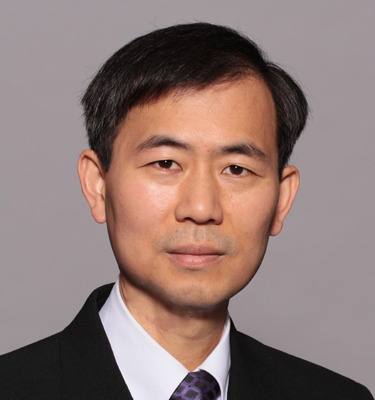Smart use of ionizing radiation in biomedical imaging
 SPEAKER:
YOUNGHO SEO
DATE/TIME:
MON, 03/30/2020 – 4:00PM TO 5:00PM
LOCATION:
via ZOOM
Spring 2020 Colloquium Series
Abstract:
SPEAKER:
YOUNGHO SEO
DATE/TIME:
MON, 03/30/2020 – 4:00PM TO 5:00PM
LOCATION:
via ZOOM
Spring 2020 Colloquium Series
Abstract:
Biomedical imaging modalities that rely on x-ray and gamma-ray interactions in biological objects and radiation detectors present potential risk of radiation-related complications. In many cases, imaging using ionizing radiation is essential to detect and monitor human diseases; however there is no established consensus about how to maximize the use of ionizing radiation. Smart use of ionizing radiation in biomedical imaging is enabled by advancing hardware and software solutions, extracting the most out of acquired images, and re-using/re-purposing already acquired images. In this talk, I will discuss general concepts of each area, and past and ongoing research efforts of my research group.
About the Speaker:Youngho Seo, PhD, is a Professor and Director of Nuclear Imaging Physics in the Department of Radiology and Biomedical Imaging, Professor in the Department of Radiation Oncology, Faculty Affiliate at the Bakar Computational Health Sciences Institute, Program Member of Pediatric Malignancies and Prostate Cancer programs at the Helen Diller Family Comprehensive Cancer Center at UCSF, Faculty of the UC Berkeley – UCSF Bioengineering Graduate Program, and Physicist Faculty Scientist at Lawrence Berkeley National Laboratory. Dr. Seo leads a group of physicists and engineers working in the field of radionuclide and x-ray imaging instrumentation and physics, and directs the UCSF Physics Research Laboratory and the microPET/CT, microSPECT/CT, and optical imaging core facility. His primary research focus is to use quantitative SPECT/CT, PET/CT, and PET/MR molecular imaging tools for a broad range of research areas from small animal imaging using dedicated animal imaging systems and basic instrumentation hardware and software development to physics analysis of clinical imaging data.